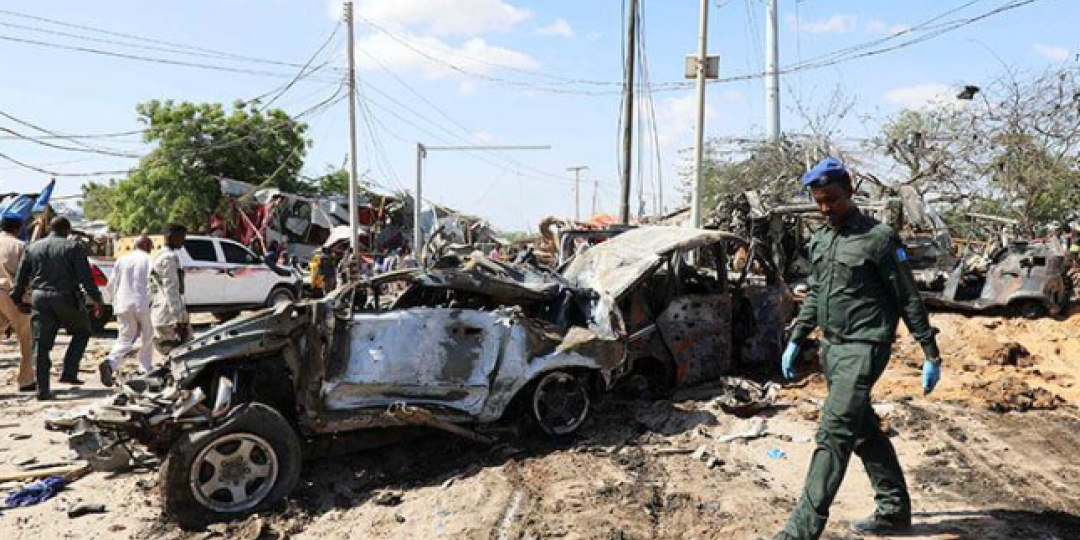Little over a week after the Democratic Republic of the Congo (DRC) became the sixth country welcomed into the fold of the East African Community (EAC) on July 11, Somalia has reiterated its desire to join what is generally regarded as Africa’s most progressive economic bloc.
The country’s president, Hassan Sheikh Mohamud, was expected at yesterday’s ‘21st Ordinary Summit of EAC Heads of State’ in Arusha, and was said to be attending the summit with one goal in mind – to achieve what South Sudan did in 2016 when it became a member of the bloc.
Five years after gaining its independence from the north, Sudan’s war-torn south managed to comply with the EAC’s strict standards by establishing global good governance principles, democracy, the rule of law, respect for human rights, and upholding civil liberties.
Mohamud previously applied for membership during his first term as president from 2012-17.
However, whereas South Sudan succeeded, Somalia failed after the EAC cited weak institutions and nagging conflict from the country’s drawn-out, violent instability.
Somalia’s reapplication in 2019, alongside that of the DRC, also failed as it continued to fall short of meeting membership conditions as set out in the bloc’s 1999 Treaty for the Establishment of the EAC.
Although Somalia is already a member of another bloc, the Common Market for Eastern and Southern Africa, better known as Comesa, the significant strides it has made to rebuild itself are not enough – yet – to join the EAC.
Should that ever happen, it could take well over a year before Somalia joins Kenya, Tanzania, Rwanda, Burundi, South Sudan and the DRC in becoming an EAC member.
Undeniably, Somalia has a lot going for it.
It has a coastline of 3 333 kilometres that dominates the Horn of Africa, a strategic focal point for freight in and out of Africa’s eastern seaboard.
Of its six ports, Berbera is looking to compete with Djibouti for market share and it has attracted a $55-million investment from the United Arab Emirates to revamp the city’s airport – part of a wider regional improvement.
But internecine conflict remains a problem, especially in the shape of Al-Shabaab, the Islamic insurgency group which for years has been responsible for destabilisation across the region, spreading havoc as far south as Mozambique’s liquid natural gas fields in Cabo Delgado province.
Should Somalia fail to deal decisively with internal weakness and the perceived inability to squash Al-Shabaab’s foothold on its soil, it will most likely not match the success of South Sudan and the DRC in joining the only economic bloc in Africa that has its own constitution.













